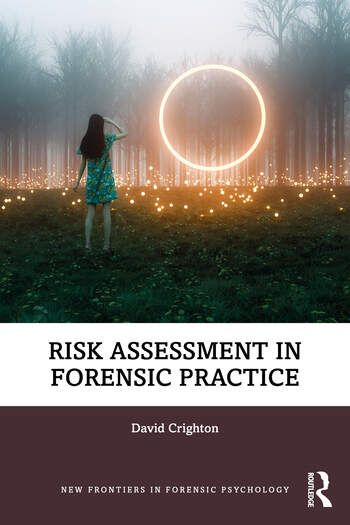We will be closed from 5pm Thursday 17th April for the Easter Bank Holidays, re-opening at 8.30am on Tuesday 22nd April. Any orders placed during this period will be processed when we re-open.

Risk Assessment in Forensic Practice sets out a concise critical review of the way in which risk is assessed in current forensic practice. Setting the area in its historical context, this text outlines current practice in an accessible and clear format and discusses major critiques as well as the ways in which current practice might be developed to improve public protection.
Providing an account of the main issues involved in risk and probability and the ways that these have been applied in practice, the book describes current forensic practice in relation to the dominant algorithmic and checklist-based methods. Critiques of these arising from social-legal, risk analysis and experimental psychology perspectives are summarised and questions of the accuracy, fairness and lack of analysis are considered, along with the main challenges associated with making group and individual predictions of events. The text rejects the idea that clinical assessments of risk are generally ineffective and stresses the role of environmental context, training and expertise in improving practice. Through the author’s work in the field, this text also offers insight into the ways in which current practice might be improved and calls for greater analysis and methodological rigor.
Risk Assessment in Forensic Practice appeals to a wide range of forensic practitioners including psychologists, psychiatrists, social workers, mental health nurses, and lawyers. The text is also relevant to those involved in management and decision making across forensic settings.